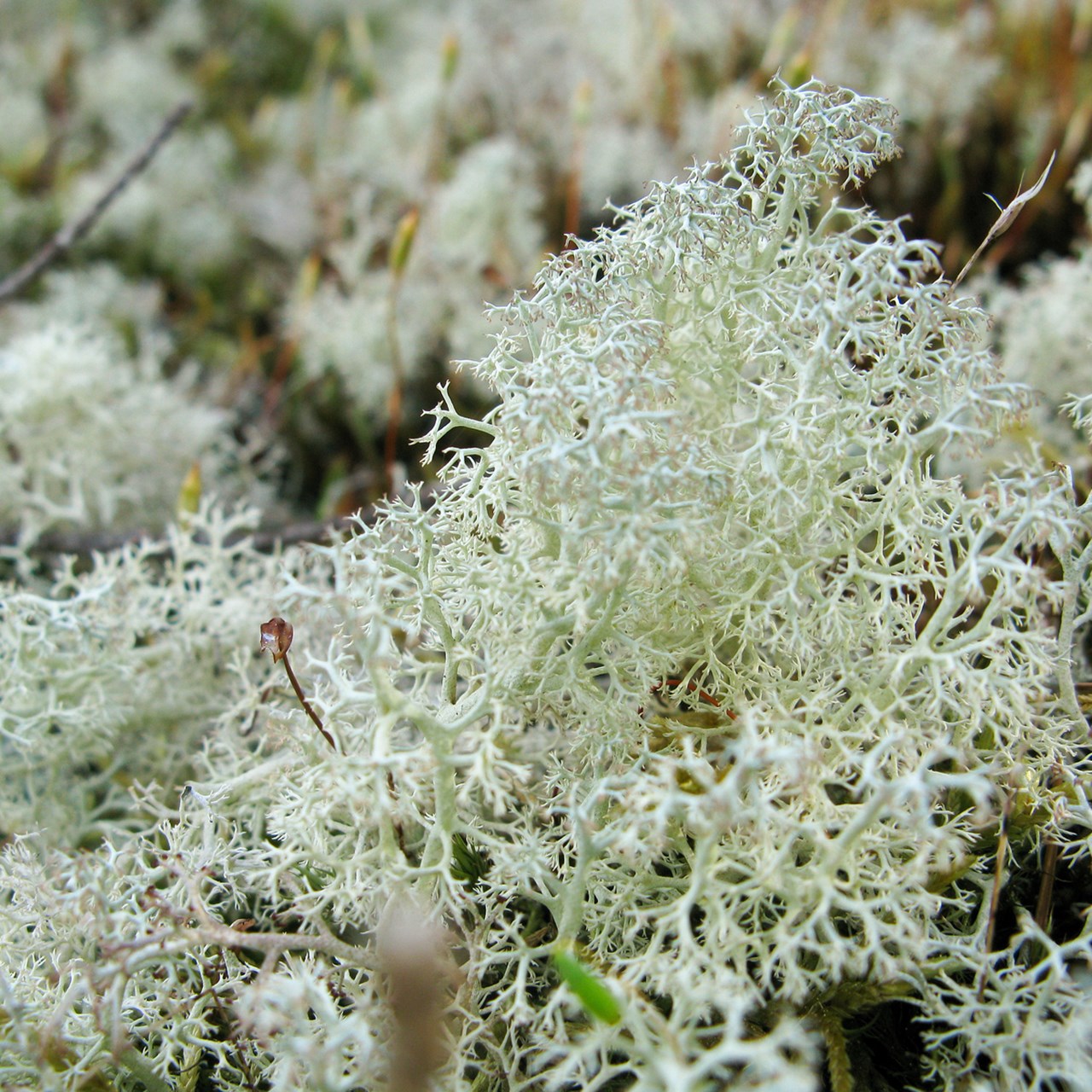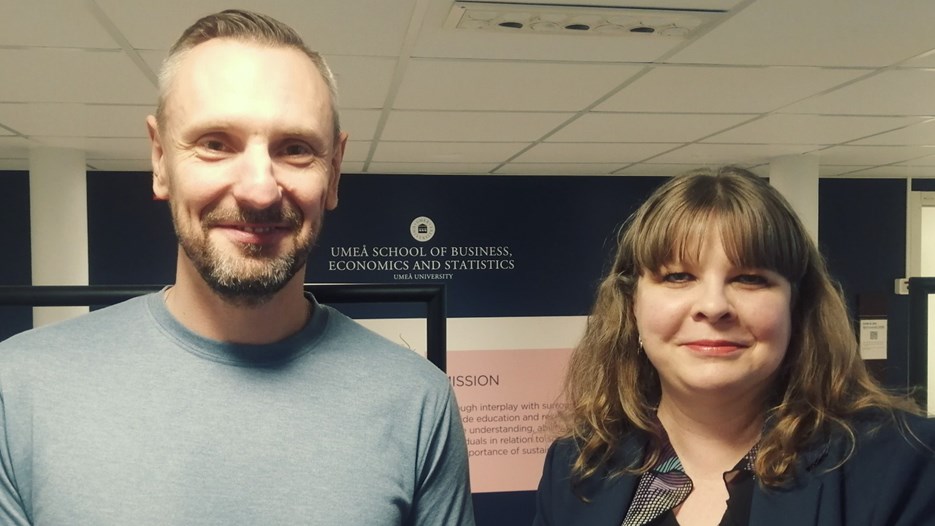In this series, sustainability researchers at the department of Business Administration share untold stories about their recent publications. Follow the a-ha moments, triumphs, and challenges that provide an intimate glimpse into the earthly side of academic work.

Behind the scenes
PROFILE Turning challenging moments into growth opportunities



